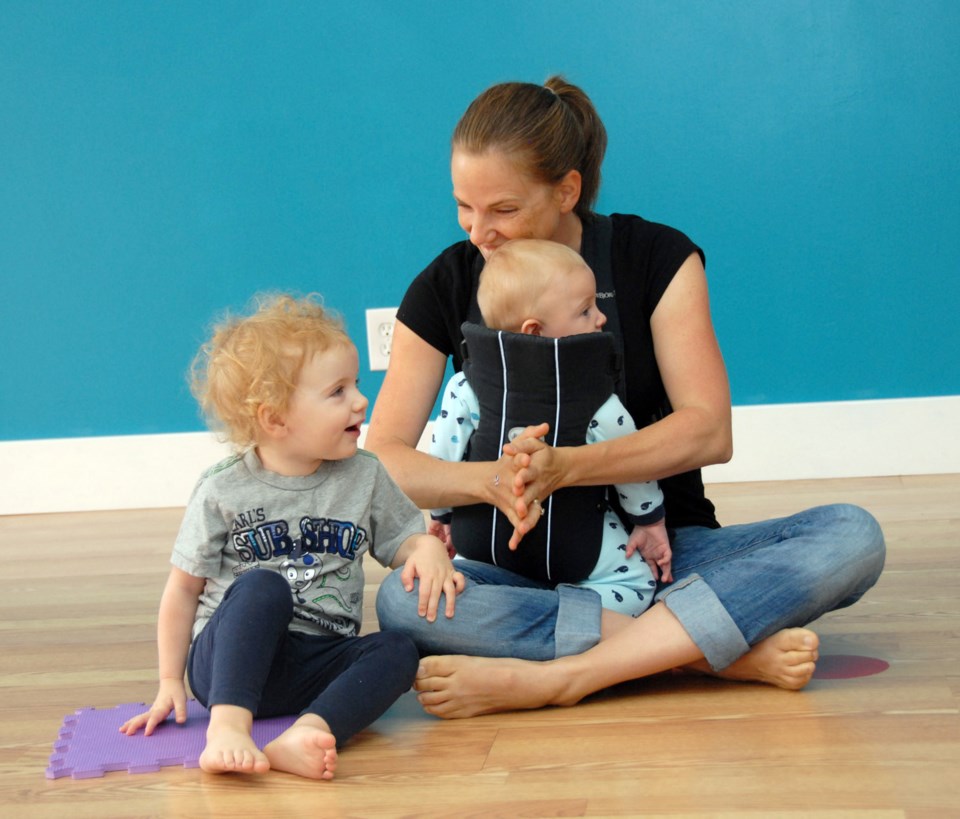So why bother getting your child involved in music and dance early in life?
Here's a snapshot of some of the benefits:
- Brain food: Early movement in infancy helps to wire the neural pathways in a child's brain as the lower and mid-brain develop in the first year. Dance helps toddlers stimulate their vestibular system, which is central to balance, spatial orientation and movement processes.
- Social butterflies: Music and dance classes give children a chance to interact with others, learn to share, learn to take turns and learn to work as a group.
- Talking it up: Music facilitates language development as the rhythms of song echo the rhythms of speech.
- Getting emotional: Music helps children understand and respond to facial expressions and tones of voice, planting the seeds of empathy at an early age.
- Soothing the savage breast: Music can calm and soothe infants, ease in transitions (into naptime, into the carseat, into bed), and help bring calm and focus to active toddlers.
- Building creativity: Kids have a chance to play and use their imaginations.
- Body awareness: Music and movement give kids a chance to feel rhythm in their bodies, to learn to keep time, to practice fine motor skills, to build balance and coordination.
- Mommy and Daddy time: Music and dance give moms, dads and caregivers a chance to interact with and bond more closely with their infants and toddlers.
- Getting smart: Music lessons have been shown to enhance cognitive abilities in children, in particular memory and reading comprehension. Music education is also related to higher mathematical performance.
- Finding their voice: Music helps give kids confidence and self-esteem.
- Setting the foundation: Immersion in music early on helps children learn in more formal, structured settings - from piano lessons to dance classes to choir, and even more broadly in a school setting - later in life.



